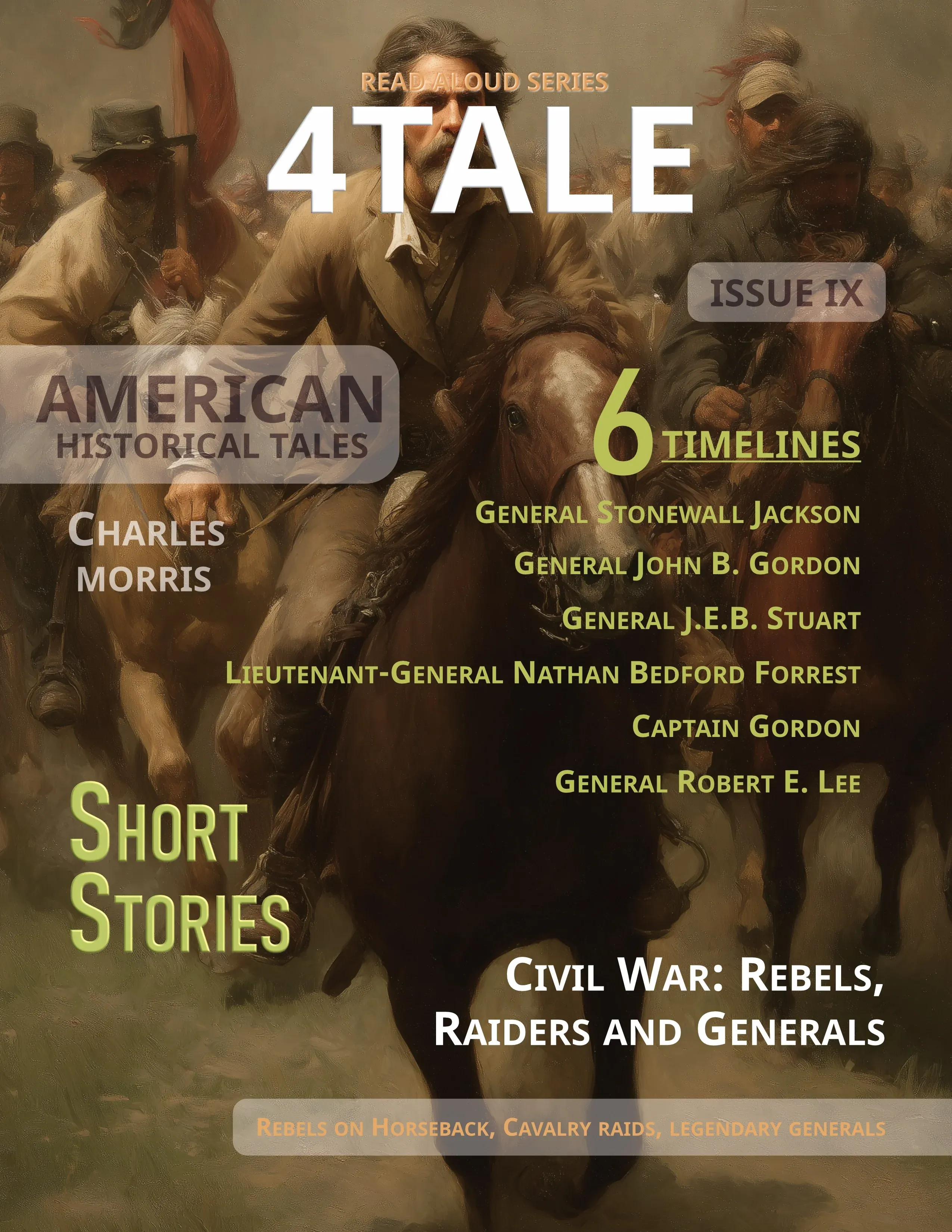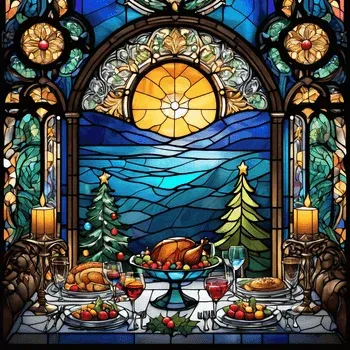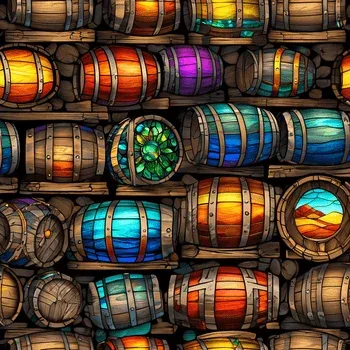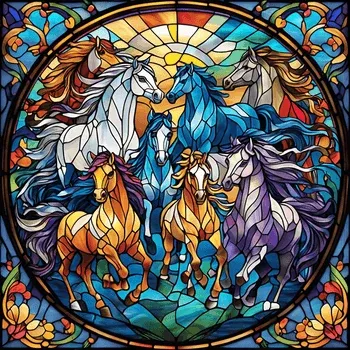BY CHARLES MORRIS
Captain Gordon and the Raccoon Roughs
Historical Tales 2 American: Story 26 of 34
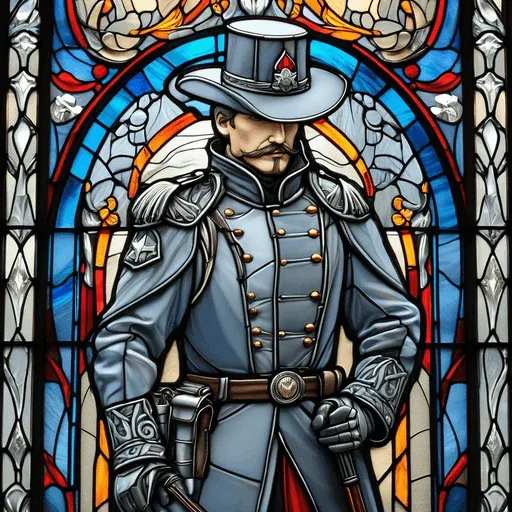
Heading

Formation of the Company: Captain John B. Gordon, initially living in a region where Alabama, Tennessee, and Georgia meet, gathered a company of volunteers from the mountain district who elected him their captain. These volunteers were eager to fight for the Confederacy at the outbreak of the Civil War.
First "Rebel Yell": The enthusiastic reception of the telegram from Governor Moore led to the first recorded instance of the famous "rebel yell," a wild and thrilling roar from the volunteers that would inspire many charges in later battles.
A good book we like, we explorers. That is our best amusement, and our best time killer
- Roald Amundsen, Explorer
Southern Patriotism and The Civil War: Unveiling the True Motivation Behind the Southern States' Fight for State Sovereignty
Immerse yourself in the fervor of the Civil War, a tumultuous period painted with intense patriotism, particularly from the Southern states. This wave of zeal wasn't merely about preserving slavery, but a fight for state sovereignty. Delve into the passionate tale of General John B. Gordon and his notable company, the "Raccoon Roughs", and discover how Southern society's elite played their part. By the end, you'll gain a deeper understanding of the true motivations that fueled the South during the Civil War.
The Initial Wave of Southern Patriotism and the Civil War
The outbreak of the Civil War was marked by a surge of fervor among the Southern states, with innumerable men demonstrating their patriotism by enlisting to support their cause. This wave of enthusiasm was driven by a sense of duty, allegiance, and above all, a profound belief in the sovereignty of their respective states. At a time of uncertainty and conflict, these men chose to stand their ground, fully ready to bear arms and fight for what they believed was their lawful right.
General John B. Gordon: A Symbol of Southern Enthusiasm
Among the thousands of Southern men who enlisted was General John B. Gordon, a man who split his time living in Alabama, Tennessee, and Georgia. Despite the uncertainty of the war, Gordon's spirit remained undeterred. He successfully rallied a company of volunteers, who subsequently elected him as their captain. Initially, the plan was to form a cavalry unit, but due to a lack of demand, they pivoted to becoming an infantry. Gordon's leadership and determination became a symbol of the Southern enthusiasm that was a hallmark of this initial phase of the Civil War.
Podcast
Formation of the Raccoon Roughs: Persistence in the Face of Rejection
The newly-formed company, despite being initially rejected by Governor Brown of Georgia, did not lose faith. They refused to disband and instead decided to offer their services to other states. This company, known as the "Raccoon Roughs", exhibited immense persistence and resilience in the face of rejection. Their indomitable spirit eventually led them to be incorporated into the Sixth Alabama Regiment by Governor Moore, demonstrating that the Southern states were willing to face any obstacles in their dedication to the cause.
The Widespread Fervor: Volunteerism from the Southern Elite
The wave of patriotism that swept through the South during the Civil War was not limited to the common folk. It extended to the very elite of Southern society, who were eager to join the fight for what they believed was their right to secede. The fervor was so widespread that it was not uncommon for wealthy plantation owners, businessmen, and politicians to rally their own regiments and supply them with arms, horses, and other necessary equipment.
For these Southern elites, the war was not just about preserving their way of life — it was about defending their beliefs and their honor. This was a fight for their homes, their families, and their future. The spirit of volunteerism was so high that it was reported that some men, upon hearing of the outbreak of the war, traveled hundreds of miles just to join the nearest fighting unit. The resolve and dedication demonstrated by these men was a testament to the deep-seated beliefs that fueled the Southern war effort.

Unraveling the True Motivation: The Belief in State Sovereignty
While slavery was an integral part of Southern society, it was not the primary motivation for the South's secession and the subsequent Civil War. The South was driven by the belief in state sovereignty — the idea that each state had the right to govern itself and make its own decisions, free from federal interference.
This belief was deeply ingrained in the Southern mindset and was seen as the cornerstone of their freedom and self-determination. When they felt that this right was being threatened by the North, they were prepared to defend it at all costs. To them, it was a matter of principle and honor, and they were willing to risk everything for it.
State Sovereignty vs. Preservation of Slavery: The Real Reason Behind the South's Fight in the Civil War
Contrary to popular belief, the Civil War was not primarily about the preservation of slavery. While slavery was indeed a contentious issue, it was the belief in state sovereignty that was the main driving force behind the South's decision to secede.
The South saw the Union as a voluntary association, where each state had the right to determine its own destiny. When this belief was threatened, the South felt compelled to defend its rights. The war was, therefore, a fight for state sovereignty, for the right of each state to govern itself without interference from the federal government.
Slavery was merely a symptom of the underlying issue — the struggle between states' rights and federal power. The South's fight in the Civil War was, at its core, a fight for self-determination and the preservation of their way of life.
Conclusion
The Civil War was not a mere battle for the preservation of slavery, but a fight guided by the South's belief in state sovereignty. The story of General John B. Gordon and the "Raccoon Roughs", and the volunteerism of the Southern elite, reveals the depth of this patriotic fervor. Thus, this war was an assertion of their perceived rights, shattering the common misconception, and unveiling the true motivation behind the Southern states' relentless fight.

